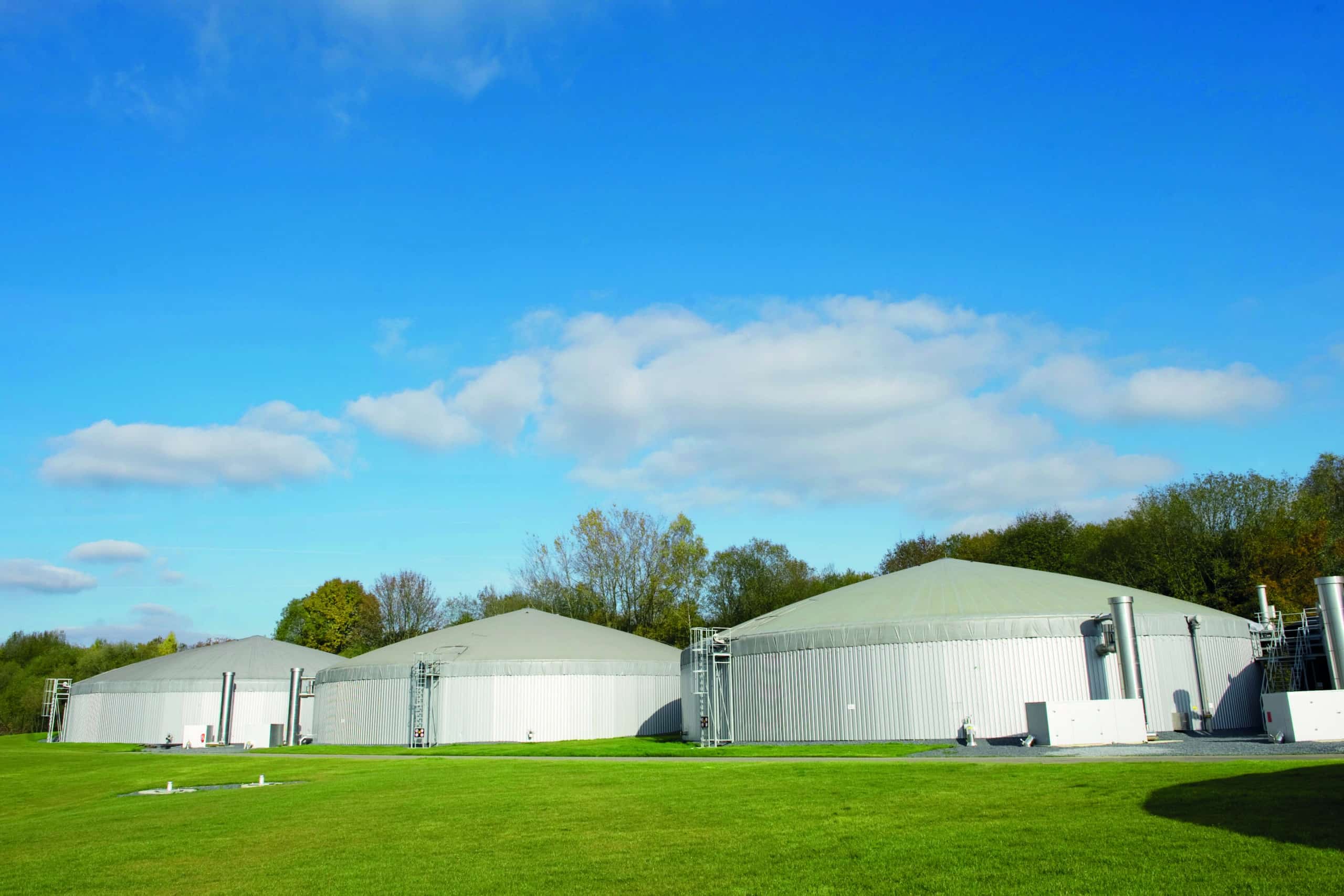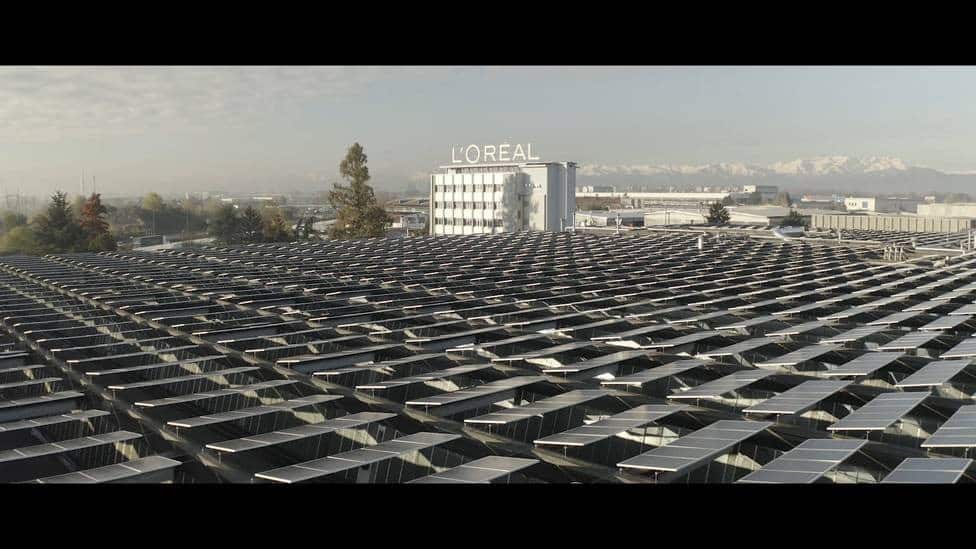To reduce its environmental impact in urban areas, L’Oréal has launched the Green Last Mile (GLAM) project.
The programme was launched in 2019 in selected towns, according to the volume of deliveries in these locations, across all regions where we operate.
Since the launch, we have implemented 20 innovative initiatives in 12 countries.
In particular, in 2020,
- Belgium extended bicycle deliveries from Brussels to Anvers.
- Chile implemented a partnership for deliveries by bicycle or electric vehicle, which could represent up to 118,000 deliveries annually.
- Italy completed a bicycle delivery initiative covering a volume of 11,000 deliveries annually, by implementing biogas vehicles for delivering hair products in 8 towns.
The ambition for 2025 is to decarbonise deliveries in 50 town centres worldwide. Since 2019, initiatives have multiplied, combining deliveries by bicycle and with biogas and electric vehicles, thereby contributing to reducing emissions of particulate matter in urban areas.
For example, Belgium began an electric bicycle project by joining forces with the Belgian telecommunications operator Proximus, in order to test a low carbon transport solution in Brussels. This enabled us to make our first deliveries to hairdressing salons (of L’Oréal products) and Proximus’ points of sales (for Proximus products).
From May 2020, this initiative was implemented with a second partner across three divisions: L’Oréal Professional Products, Active Cosmetics and Consumer Products, in Anvers and Brussels, enabling us to expand deliveries by electric bicycles to pharmacies, in particular. Through this pilot project, we were able to make around 2,500 deliveries across 1.5% of our delivery volumes between November 2019 and October 2020, in more than 270 points of sale.
The ambition for 2021 is to decarbonise deliveries in 5 town centres in Belgium and the Netherlands, with a potential for 11,000 annual deliveries (around 10% of urban deliveries), with a view to contributing to a 5% decline in carbon emissions.
This initiative will also help to improve air quality (by avoiding emissions of particulate matter and NOX) and lower congestion in town centres.





